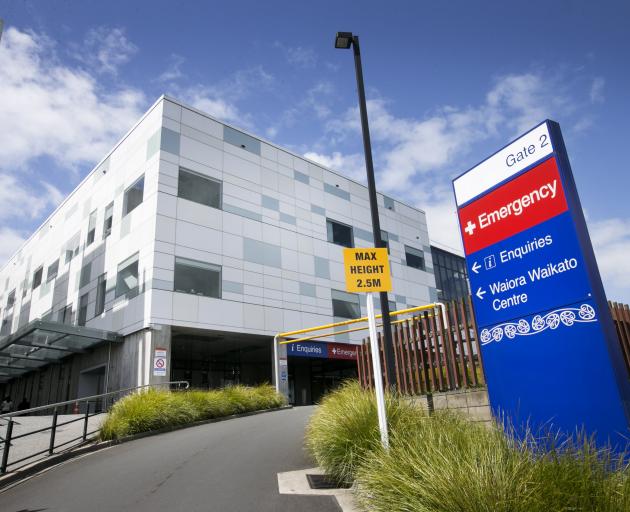
As part of its coalition agreement with Act New Zealand, the National Party has agreed that "a full cost-benefit analysis must be presented before any binding agreement is made with respect to the Waikato medical school".
But Dr Reti told the Otago Daily Times yesterday there was always going to be a cost-benefit analysis.
"It’s only sensible and reasonable to expect ongoing cost-benefit analysis around all major projects.
"For the Waikato medical school, we kicked off the discussion yesterday."
During the election campaign, National promised, if elected, to establish a third medical school at Waikato.
The first intake was proposed for 2027.
"As far as Waikato is concerned, it’s had a particular rural focus, which is where we’ve certainly got a real dearth of GPs, but this is taxpayer money we’re talking about so it’s not at all unreasonable.
"In fact it’s essential, to have an effective, up-to-date business case.
"It’s an absolute priority for this government, and for me, to develop the homegrown culturally competent doctors and nurses New Zealand desperately needs, wherever they’re trained."
National had previously promised to invest about $300 million towards the new medical school.

"It is right not to rush into these projects.
"But the point I would like to make is that it shouldn’t be an approach by a single university, it should be a whole of country and business approach."
Mr Powell said the University of Otago and Auckland University were already embarking on several initiatives, particularly when it came to addressing the shortage of rural health practitioners.
"We do need to have a conversation about whether these two medical schools go far enough to meet the need.
"But there is also the nature of medical practice, many just don’t know what they like or want to specialise in until quite a bit down the line."
It was a concern that Waikato appeared to have been working on this proposal "on its own", but this was the nature of the country’s system, he said.
"It shouldn’t be a question about whether you’re going to have it out of Waikato or not at all.
"Look at the Auckland University of Technology, they train more healthcare workers than any other university.
"But any discussion needs to focus on what is the capacity to train, and what are the capabilities to do the training."
Comparing New Zealand to other countries was also fraught, because the health and education systems were also different.
"Waikato likes to quote the example of the University of Adelaide, but that is part of a national system, and not done in isolation, and it also has a bigger population."
Earlier this week, Otago University acting vice-chancellor Prof Richard Blaikie said it welcomed the requirement for an analysis to be completed before any agreement was entered into.
"Our expectation is that in order to be robust, a full cost-benefit analysis would include evaluating the Waikato option [with updated financials] against the alternative option of investing in additional capacity at the existing medical schools."
He said any analysis was inevitably going to require significant involvement and input from the University of Otago.












